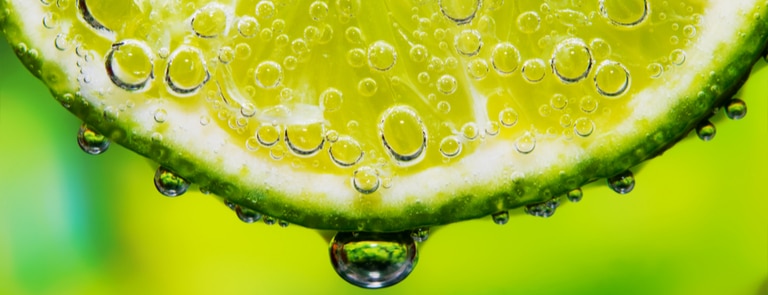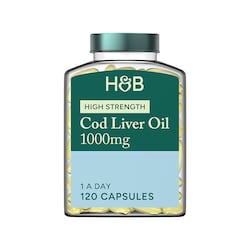15% off £25 OR 20% off £35
Lime health benefits

Oranges and lemons are our favourite citrus fruits here in the United Kingdom. In fact, aside from bananas, it’s thought that we enjoy eating eat oranges more than any other fruit.1 Packed full of nutrients and with a deliciously sweet taste, it’s easy to see why we love them so much.2
Nevertheless, while we might love to snack on oranges, other citrus fruits potentially provide plenty of health benefits too. Limes are becoming increasingly popular here in the UK, thanks to their zesty flavour and sharp bitterness.3,4
Whether you squeeze yours into your favourite chilled drink or use them to flavour a dish, there’s no doubt these green citrus fruits are great to have on hand in your fruit bowl. But what are their health benefits? We’ve got everything you need to know below.
Lime nutritional profile
Despite their size, limes are packed full of nutrients. They’re low in calories while providing plenty of essential vitamins and minerals (like vitamin C, potassium, and calcium).
An average fruit typically provides:
| Energy | Carbs | Protein | Fat | Fibre | |
|---|---|---|---|---|---|
| Amount | 20 kcal | 7g | 0.5g | 0.1g | 1.9g |
| % of RDA* | 1% | 2.7% | 1% | 0.15% | 6.3% |
Remember, though. Due to lime’s flavour, we don’t tend to eat the fruit raw like we would with oranges. The nutrients you actually get from enjoying limes might be different depending on your preparation method.
Some people use lime juice and peel too. This is thought to help with skin blemishes, pigmentation, wrinkles, dark spots, and more.6,7,8 However, it’s worth bearing in mind that using limes on the skin could cause irritation.
Health benefits of limes
Thanks to their nutrient profile, eating limes could provide a range of health benefits. These may include:
- Supporting your immune system9
- Skin health10
- Maintaining normal blood pressure11
- Maintaining normal kidney function12
Popular lime uses
There are a wide variety of ways to use limes in the kitchen. These versatile fruits are perfect for sweet and savoury cooking. They can be used in a wide variety of traditional cuisines. They pair well with other cooking ingredients too, making them the ideal fruit to have on hand when preparing the evening meal.
Some lime uses may include:
- Flavouring water and drinks
- Creating salad dressings and salsas
- Adding flavour to curries and soups
- Making tarts and pies
- Making marinades, pickles and sauces
- Preparing cakes and other baked goods13
When to avoid limes
Limes are generally thought to be safe for most people. However, if you have a citrus allergy, it will be best to avoid eating limes or using them on your skin.14
This citrus fruit also has the potential to cause skin problems if you use it topically. Those with sensitive skin may find that irritation occurs, while others may experience a condition called phytophotodermatitis. This causes irritation when the skin is exposed to both limes and sunlight, causing inflammation and blistering.15
It’s worth noting that limes are very acidic, which could cause problems with the digestive system and oral health if consumed in large amounts.16
Last updated: 30 March 2021
- https://www.sciencedirect.com/science/article/pii/S0301479719308035
- https://ndb.nal.usda.gov/ndb/search/list
- https://www.mordorintelligence.com/industry-reports/united-kingdom-lime-market
- https://www.thespruceeats.com/all-about-limes-412070
- https://books.google.co.in/books?id=utZQBwAAQBAJ&pg=PT12&dq
- https://cdnc.ucr.edu/cgi-bin/cdnc?a=d&d=SFC19120512.2.138.4.9
- https://books.google.co.in/books?id=sjccSq5BRw0C&pg=PA23&dq
- https://pubmed.ncbi.nlm.nih.gov/28082795/
- https://pubmed.ncbi.nlm.nih.gov/28805671/
- https://pubmed.ncbi.nlm.nih.gov/22492364/
- https://pubmed.ncbi.nlm.nih.gov/26150027/
- https://www.bbc.co.uk/food/lime
- https://www.nhs.uk/conditions/food-allergy/
- https://pubmed.ncbi.nlm.nih.gov/25317269/
- https://www.ncbi.nlm.nih.gov/pmc/articles/PMC2637791/



































